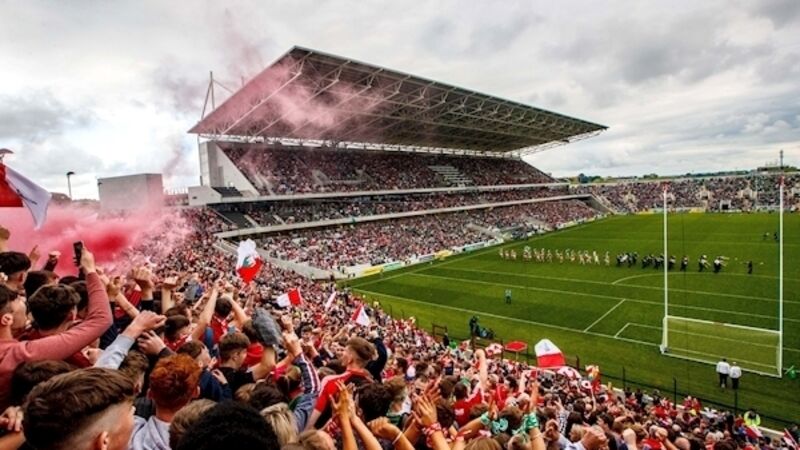Is the Government slowly preparing people to do without sport?

The black humour came hard on the heels of the announcement yesterday evening.
“Gatherings of 5,000 people? We should be so lucky! Why, my club/ county team wouldn’t draw that in spectators over 12 months, would you stop, we were practising social distancing years ago, etc, etc.”














